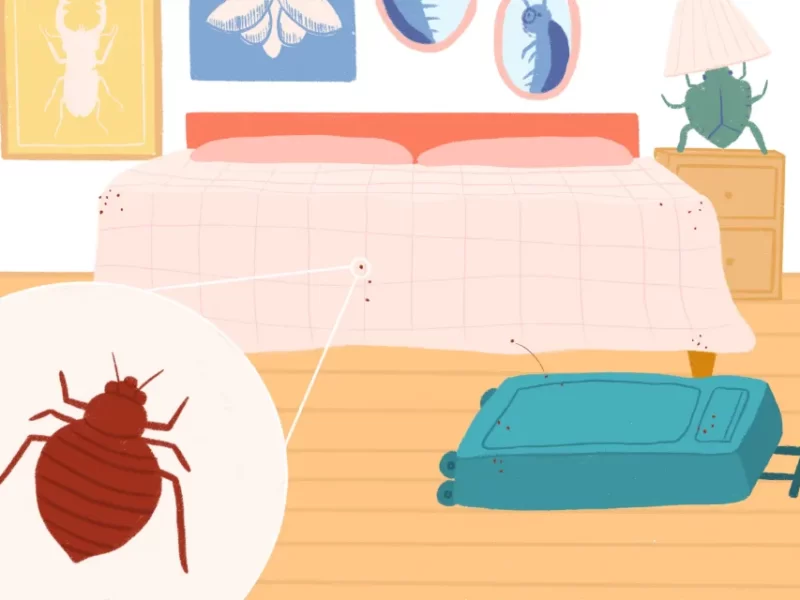When do a will’s beneficiaries receive notice that they are included? Visit this page to learn more about beneficiary notification and last wills and testaments.
Assets are distributed to beneficiaries listed in a will or trust after a person passes away. Executors and trustees are given the go-ahead by the probate court to collect and distribute the assets specified in the will or trust after the court has approved the will or trust. Finally, the executors and trustees are required by law to inform each beneficiary listed.
It partly depends on the estate planning that the deceased person did and how long it will take for beneficiaries to be informed after a person passes away. If you are a trust beneficiary, you must be informed within 60 days of the trustmaker’s passing.
You must be informed if you are a beneficiary of a will or an intestate estate at least 15 days prior to the first probate court hearing date. Everything you need to know about when a beneficiary needs to be notified is explained in the paragraphs that follow.
How Long After a Person Dies Will Beneficiaries Be Notified?
Most states have established guidelines that specify when a beneficiary should be informed of a person’s death. The beneficiary’s state of residence, the kind of estate planning document used by the decedent, and the timeframe for completing the estate depend on each other.
The beneficiaries may not be notified right away if the decedent named them in a will. The executor must promptly file the Will with the neighborhood probate court after becoming aware of it.
This period of time could be a few weeks or even a few years long, depending on state regulations. Beneficiaries are typically notified three months after the Will is submitted to the probate court.

Much sooner notice is given to the beneficiaries of a Trust document. For instance, the California probate code mandates that the trustee inform beneficiaries of the Trustor’s passing within 60 days.
Who Notifies Me That I Am a Beneficiary of a Will?
Within three months of the will’s entry into the probate court, executors typically need to notify beneficiaries of the estate. Once admitted to probate, the items listed become a matter of public record.
A beneficiary may request a copy of the will from the probate court for review if they believe there is a problem with the will or that they are not receiving all that is due to them under the terms of the will.
If assets are not part of the estate and are not subject to probate, no specific notification requirement exists.
Who Notifies Me That I Am a Beneficiary of a Trust?
The trustee is required by law to notify all beneficiaries within 60 days of the death of the person who established the trust (referred to as the settlor). This notification must include:
- Settlor’s identity
- Name and contact information of the trustee
- Physical address where the trust is being administered
- Trust formation date
- Any additional information the trust may want the trustee to give to beneficiaries
- Notification that the beneficiary has the right to obtain a copy of the terms of the trust
Beneficiaries should speak with a lawyer with estate planning experience as soon as possible if they believe the copy of the terms provided is inaccurate or if the trustee refuses to give them one. Beneficiaries typically have a 120-day window to contest a trust after receiving notice of it.

Standard Process for Notifying Beneficiaries
Within three months of the will’s entry into probate, you should be informed if you are a beneficiary if someone close to you passes away and you are one of their beneficiaries. If, for some reason, you aren’t notified, make sure to look through the courthouse’s public records.
Wills are typically presented before a probate court to ensure their validity unless the decedent’s estate is too small. If the person who passed away wasn’t extraordinarily wealthy, this procedure, which is very common, is usually finished quickly.
If potential beneficiaries contest the validity of the will, probate may take a long time to conclude.
Each state has its own rules governing what types of estates can avoid probate. All estates valued at less than $150,000 in California can avoid the probate procedure. However, in Alabama, the amount needed to avoid probate is $3,000 or less. The family can decide how to divide the property if the assets are below these thresholds.
Once a will has been approved for probate, any beneficiaries must be informed of their status. Keep in mind that all probated wills are immediately made public information.
Beneficiaries do not need to be notified when a will is made to avoid the probate procedure. Although it does happen occasionally.
At the local courthouse where the will was filed, anyone can view the entire will once it is determined to be valid. The courthouse should have the answer you’re looking for if you think you should be a beneficiary but haven’t received a notification.
What Should a Beneficiary Do If They Have Not Been Notified of Their Inheritance?

A probate litigation lawyer should be consulted as soon as possible if you are a beneficiary of a recently deceased person and you have not received notice of your inheritance. There might be steps you can take, and if you don’t take them, you might lose the ability to defend your rights.
You might be able to file a will contest and ask the probate court to revoke the admission of the will, for example, if the executor failed to notify you about the probate hearing for a will. In some situations, you can also question a trust document’s legality.
If you want to challenge a will or trust, a probate litigation lawyer can help you decide whether you have a case and can also guide you through the best next steps to protect yourself.
A Probate Code & Sect. 11700 petition to establish distribution rights is an additional action that may be taken. You would have the right to file a petition as an heir or beneficiary asking the court to decide who is eligible to receive a distribution of the deceased person’s property in accordance with the will or California intestate succession laws.
It’s crucial to speak with an accomplished probate litigation attorney right away if you have any of these problems. The California Probate Code is intricate and contains numerous deadlines and limitations on when challenges may be raised.
This means that if you wait to take action, you might not only give others the chance to harm the estate irreparably but you might also lose the chance to defend yourself. This makes it crucial to consult a probate attorney and choose a course of action as soon as possible.
Getting Help from a Qualified Estate Attorney
The loss of a person is never simple, and estate and trust issues can be challenging. Emotions can be intense. Risk of missing deadlines. Disputes could arise.
The best thing you can do is have a knowledgeable and experienced estate lawyer on your side to respond to inquiries, complete paperwork, and deal with the probate court.



